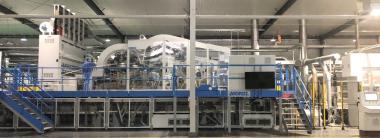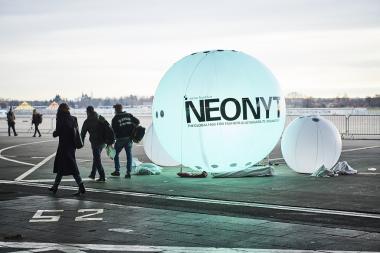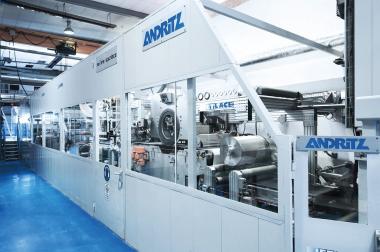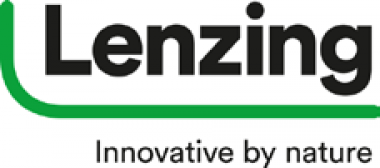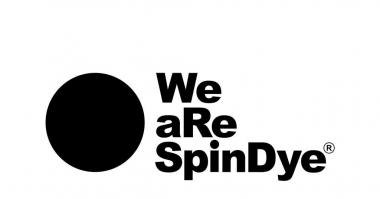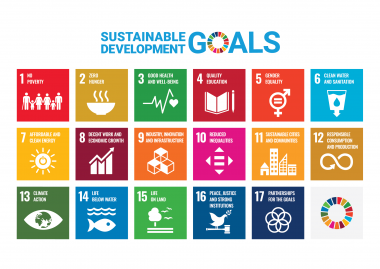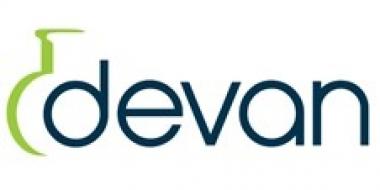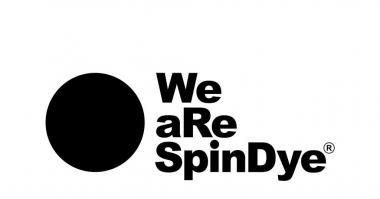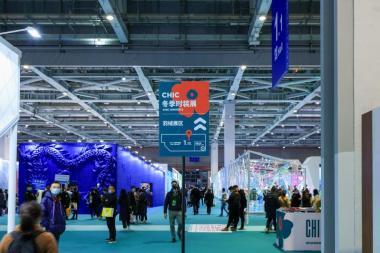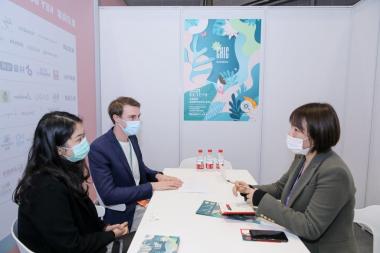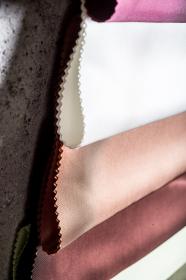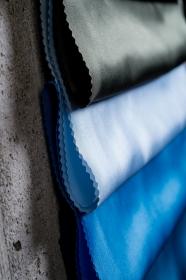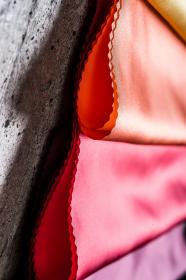Neuer Auftrag für ANDRITZ
- ANDRITZ erhielt von Zhejiang Kingsafe, China, einen weiteren Auftrag für eine Hochgeschwindigkeits-Spunlace-Linie
Der internationale Technologiekonzern ANDRITZ erhielt von Zhejiang Kingsafe Hygiene Materials Technology Co., Ltd. in Hezhou, China, den Auftrag zur Lieferung einer neuen, kompletten neXline spunlace Linie. Die Montage und Inbetriebnahme der Linie sind für das zweite Quartal 2022 geplant.
Diese neXline spunlace eXcelle Linie mit hoher Kapazität wird entweder 100% biologisch abbaubare Fasern oder ein Gemisch aus Polyester und Viskose verarbeiten. Die Linie ist speziell für die Produktion von Vliesstoffen vorgesehen, die in den Bereichen Hygiene und Medizin verwendet werden. Die Endprodukte werden ein Flächengewicht von 30 bis 100 gsm aufweisen; die jährliche Produktionskapazität wird bis zu 18.000 Jahrestonnen betragen.
ANDRITZ wird eine komplette Linie von der Vliesbildung bis zur Trocknung liefern sowie auch zwei Hochgeschwindigkeits-TT-Krempeln, die renommierte Wasserstrahlverfestigungsanlage JetlaceEssentiel sowie einen neXdry Durchströmtrockner mit neXecodry S1-Energiesparsystem integrieren. Diese Kombination wird am Markt zum Maßstab für die Produktion leichter Spunlace-Vliesstoffe, die speziell für den Hygienemarkt vorgesehen sind.
„Wir sind stolz, die sehr verlässlichen und effizienten ANDRITZ-Vliesstofflinien zu betreiben. Sie helfen uns enorm bei der Produktion von Vliesstoffrollenware der Spitzenklasse und bringen uns weltweite Anerkennung als Schlüsselunternehmen unter den Vliesstoffproduzenten“, sagt Kingsafe-Geschäftsführer Huarong Yan.
Zhejiang Kingsafe Hygiene Materials Technology Co., Ltd. wurde 1987 gegründet und zählt mit mehreren in Betrieb befindlichen Spunlace-Linien zu den größten Produzenten Chinas für Spunlace- und Spunbond-Vliesstoffrollenware. Die Endprodukte werden weltweit exportiert und kommen in vielen Bereichen zum Einsatz, wie beispielsweise in der Medizin, dem Gesundheitswesen, der hochtechnologischen Landwirtschaft sowie bei hochwertigen Konsum- und Haushaltsartikeln.
Die neue Linie ist nun bereits die neunte von ANDRITZ gelieferte Spunlace-Linie und die dritte mit Hochgeschwindigkeits-TT-Krempeln, wodurch die erfolgreiche Langzeitzusammenarbeit zwischen ANDRITZ und Zhejiang Kingsafe bestätigt wird. Der Auftrag beweist auch, dass die von ANDRITZ gelieferte Lösung als Maßstab in der Produktion von hochwertigen Spunlace-Rollenware anerkannt wird und die perfekte Kombination von Verarbeitungsmaschinen für Feuchttücher beinhaltet.
ANDRITZ AG


